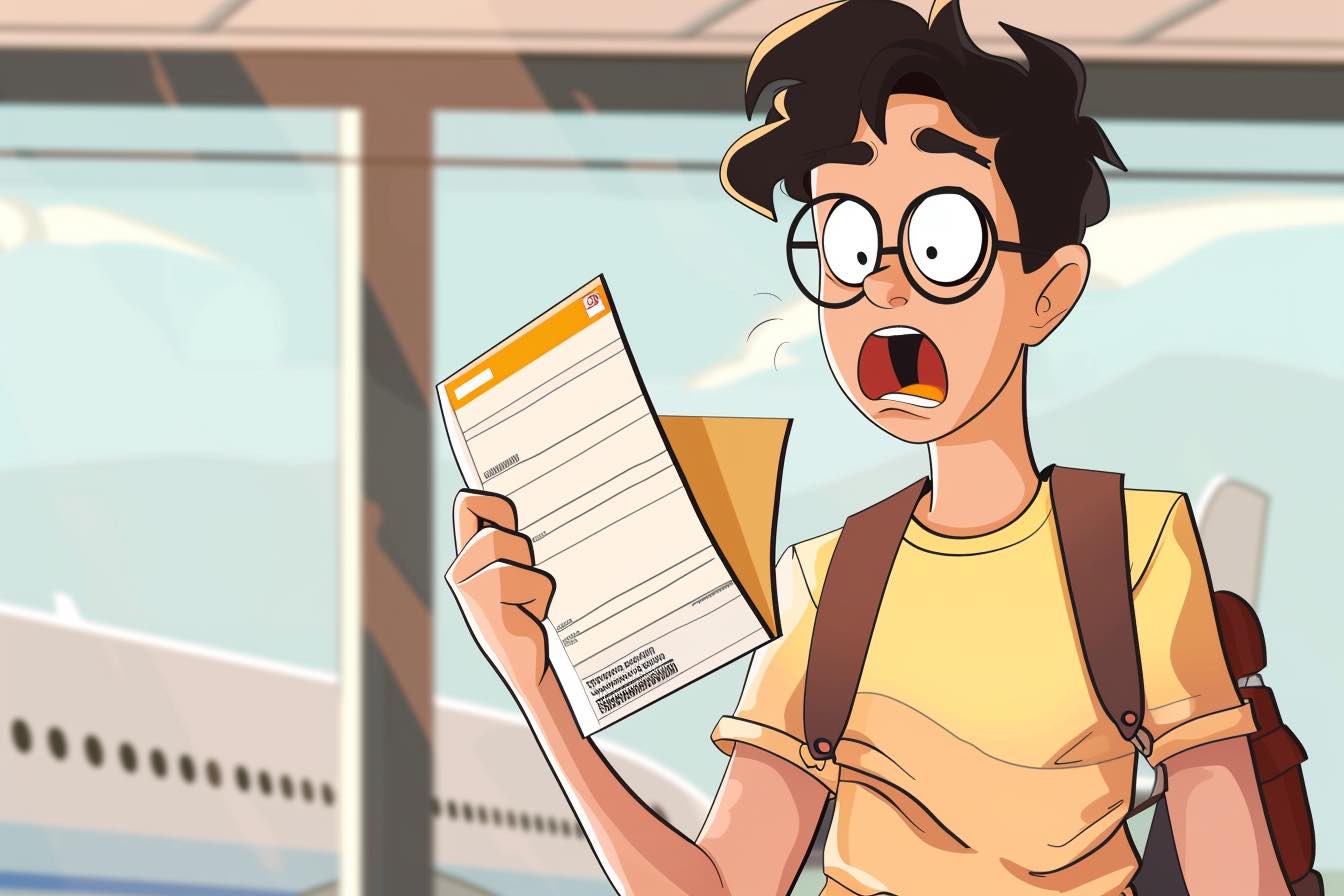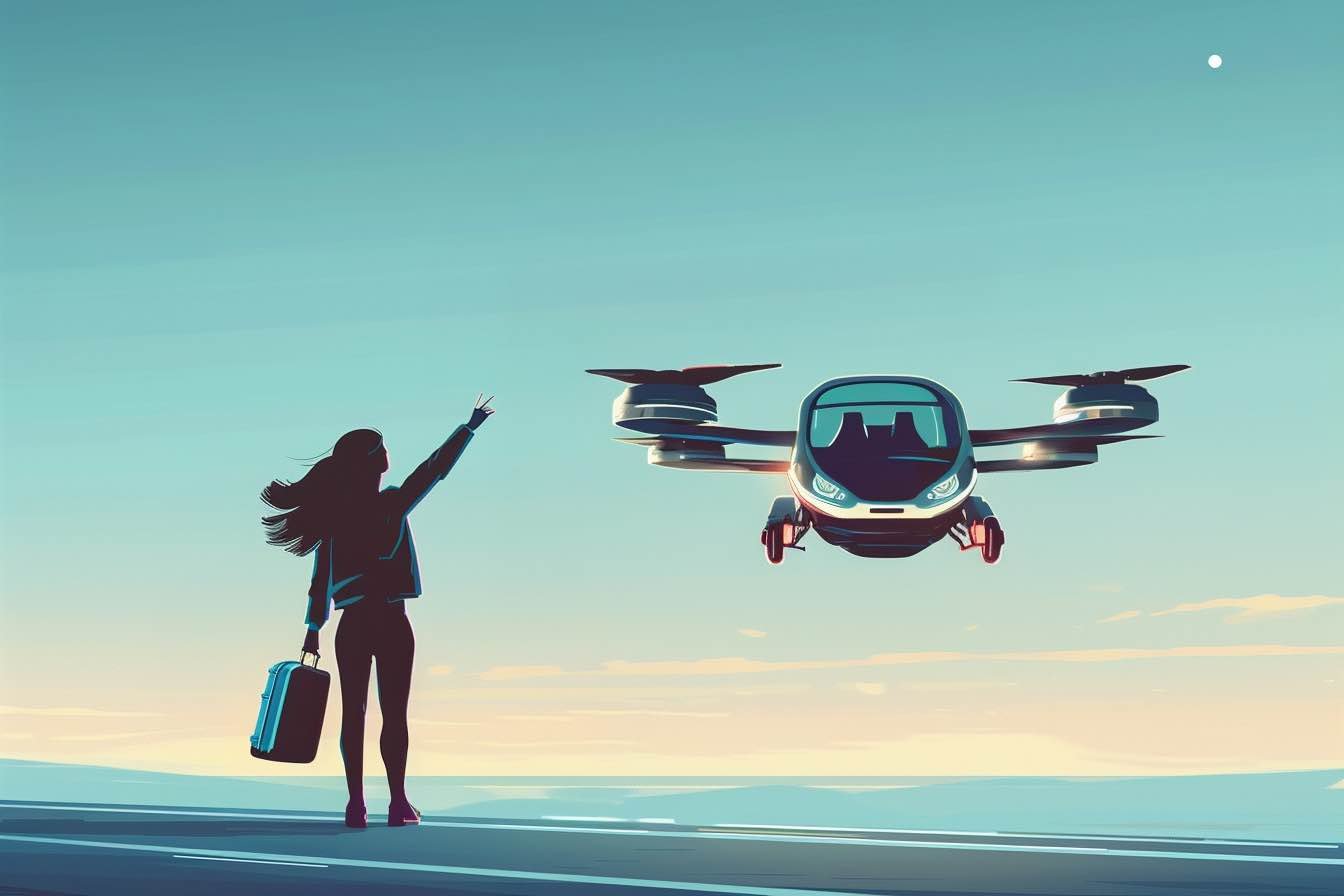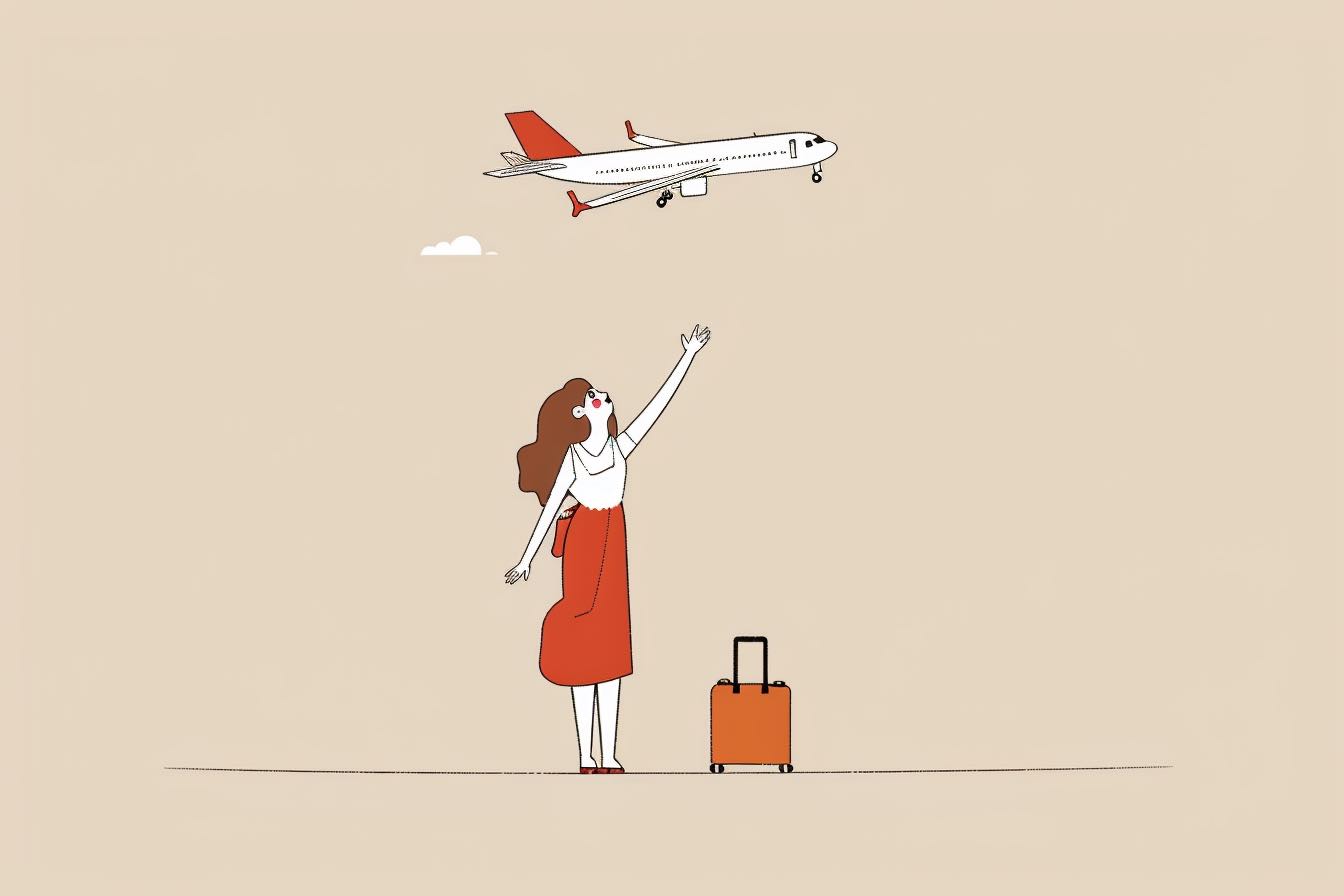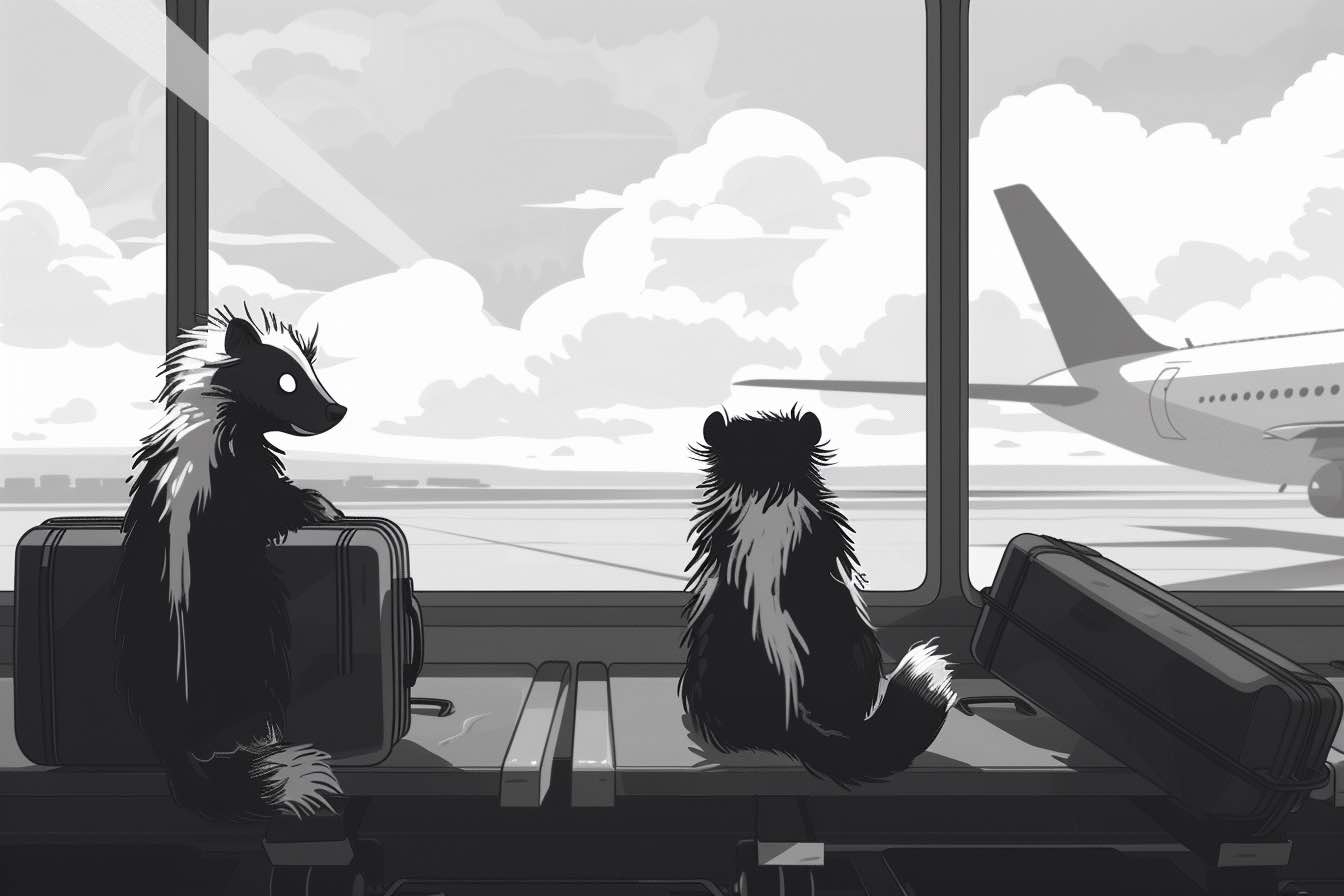Nothing could have prepared Jeff White for the shock he got after printing his boarding pass for a recent Delta Air Lines flight from Pensacola, Fla., to Albany, N.Y., by way of Atlanta. Right there, next to his name, was a confirmation code that proclaimed: “H8GAYS.”
“At first, I didn’t think I read it right,” says White, a student at the University of West Florida. “I was worried that another customer might think I somehow picked that code. If I were a gay male, I might have thought that a Delta worker purposely gave me that code, and that would have made me extremely uncomfortable.”
Every day, in ways big and small, airlines offend their customers. Most of these transgressions are fairly minor, from serving the wrong meal to addressing a guest by the incorrect name. But taken together, the incidents raise a larger question: How should companies respond, and what kind of compensation, if any, are travelers entitled to?
Airlines have been busy offending their passengers. A few months ago, Cathay Pacific Airways fired three flight attendants after a complaint that they had discriminated against non-English speaking passengers. The proof: an audio clip of the cabin crew mocking passengers.
And who can forget that American Airlines pilot who used his in-flight announcement to deliver a lecture about in-flight etiquette?
Delta’s apology for offensive confirmation codes
Delta apologized for any “concern or misunderstanding” that its code may have caused White.
“These confirmation codes are computer-generated and are completely random,” says Russell Cason, a Delta spokesman. “We will make every effort to ensure that a similar combination does not occur in the future.”
A closer look at most offended-passenger cases reveals that, apart from appealing to an airline’s sense of good customer service, travelers’ remedies are limited. Often, a carrier does little more than say it’s sorry, and almost always, customers have no choice but to accept the apology and let it go at that.
Delta seems to get more than its fair share of complaints from passengers who feel slighted. A year before this story first appeared, the airline angered military veterans when it allegedly humiliated a double-amputee Marine on a flight from Atlanta to Washington. That spring, it made headlines for offending the mother of a 6-year-old by separating her from her son on a flight from Minneapolis to Orlando. And just before this article was first published, Delta canceled a flight from Gainesville, Fla., to Atlanta so that the University of Florida men’s basketball team could use the aircraft, angering the displaced passengers and many others.
Addressing rudeness and service quality
In all those cases, the airline apologized.
I receive complaints on an almost hourly basis from passengers who say flight attendants treated them rudely or call center employees dismissed them. They also complain about unfulfilled special meal requests and seek compensation for it. Those grievances are difficult to respond to because, from an airline’s perspective, they’re unimportant. Five-star service in economy class disappeared soon after deregulation. And from an airline’s point of view, if you and your luggage eventually arrived safely at your destination, you shouldn’t be complaining at all. (Related: If you’re standing in line at the airport, don’t do this!)
For example, when Heather Sachs recently flew from Baltimore to Singapore, the flight crew referred to her as “sir” on several occasions, which upset her. “I’m a tall woman with short hair,” says Sachs, a real estate specialist for the military. “But very obviously a woman.” Had the flight attendants bothered to look at her before addressing her, they would have known.
“To have that happen so often by so many seems to me to be a failure of training,” she says. (Related: Delta Air Lines suggested dress code for passengers.)
Etiquette expert advocates for airlines
Sachs wrote to American Airlines, which sent her a form letter apologizing for “the unprofessional treatment that you reported.” The airline didn’t acknowledge her problem or say how it intended to prevent it from happening again.
But a form letter is not enough, says Diane Gottsman, an etiquette expert and owner of the Protocol School of Texas. She believes that airlines should respond “respectfully and responsibly” to even perceived slights. “The airline should respond to the letter, e-mail or phone call by a real person, not a computer-generated ‘We have received your e-mail and will look into the issue,’ ” she says. “It should offer a sincere apology for the mishap and a ‘Thank you’ for alerting them to the potential problem.” (Related: Whose armrest is it, anyway? The unspoken etiquette of airline seats.)
Beyond that, she says, offended passengers shouldn’t expect too much. White, for example, should accept his apology and move on. “I don’t believe every incident should warrant a free round-trip to a destination of their choice, or even a $200 voucher,” says Gottsman. (Here’s how to use your airline credit.)
Discretionary compensation from Delta Air Lines
Indeed, in virtually all the recent cases where customers have felt wronged, it wasn’t because an airline failed to meet its contractual obligations or violated government regulations. So compensating disgruntled passengers with vouchers or ticket credits would be completely at the airline’s discretion.
White, for his part, says that besides an apology, he’d like a specific assurance that Delta’s IT department will prevent someone else from receiving an offensive message when they check in.
“I’m an IT major, and what surprises me is that they didn’t block [his confirmation code] as a possibility of the string of random numbers and letters in the software they use to generate” the code, he says. “I’m sure they removed many four-letter words that people would see as offensive. I’m surprised they didn’t block ‘gays’ and ‘H8’ as well.”
I’m not. The airline industry — and America’s three remaining legacy airlines in particular — doesn’t appear to spend a lot of time worrying about hurting our feelings. Perhaps passengers expect too much from the winged buses of the 21st century.
Maybe it’s time to lower our standards a little.




